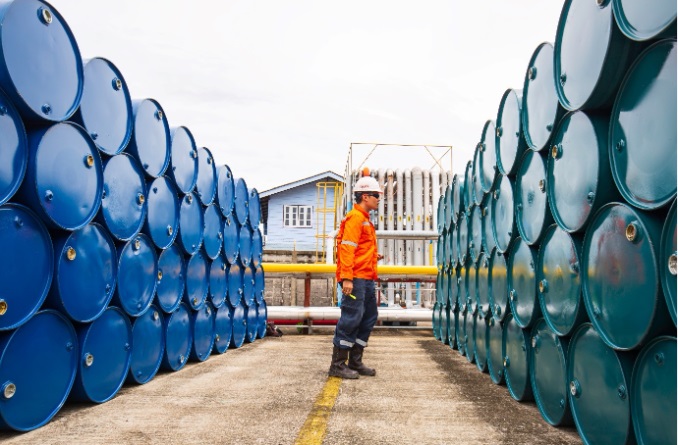Check out this blog to learn more about safety asset tracking, including the attributes to look for in software and how these systems connect end users to life-saving equipment and information. … Read More
Safety Stratus Blog
Home » Safety Platform Blog » In-Sync: How Safety Asset Tracking Connects Users to Life-Saving Assets

Home » Safety Platform Blog » What to Know About the EPA Reportable Quantities (RQ) Screening Report

What to Know About the EPA Reportable Quantities (RQ) Screening Report
Chemical accidents resulting in the release of toxic substances, such as what happened with the Ohio train derailment in early 2023, necessitate immediate and coordinated action from the federal and local governments and other concerned parties to manage and minimize … Read More
Home » Safety Platform Blog » A Closer Look at Fall Protection and Changing the Number of Fatalities

A Closer Look at Fall Protection and Changing the Number of Fatalities
Even those outside of the construction industry can guess the dangers of working from heights. However, despite the obvious hazards of such work and the many fall protection regulations put in place to counter the risk, falls are still the … Read More
Home » Safety Platform Blog » Radiological Waste Management

Radiological Waste Management
Radioactive materials are a regular part of many tools of progress across various industries. Safe practices for the storage, use, and disposal of radioactive materials have been developed (spurred on by the stigma associated with past devastating events relating to … Read More
Home » Safety Platform Blog » Fire Safety Asset Management- Challenges and Compliance

Fire Safety Asset Management- Challenges and Compliance
The US Fire Safety Administration reported that in 2020, roughly 16,500 fires occurred in offices and stores across the US, translating to $932 million in property damages (not to mention the damage to human lives). Because of the intensity of … Read More
Home » Safety Platform Blog » Essential Eye Safety: Safeguarding Against Flying Objects in Construction

Essential Eye Safety: Safeguarding Against Flying Objects in Construction
Proper training, encouraging supervision, a strong safety culture, and consistent environment, health, and safety (EHS) reporting are the most impactful determiners of eye safety in construction and manufacturing. However, nothing safeguards workers’ vision against workplace hazards better than utilizing appropriate … Read More